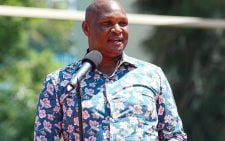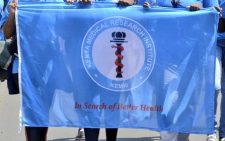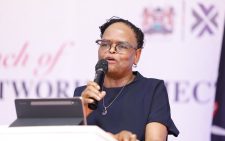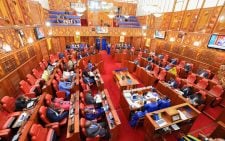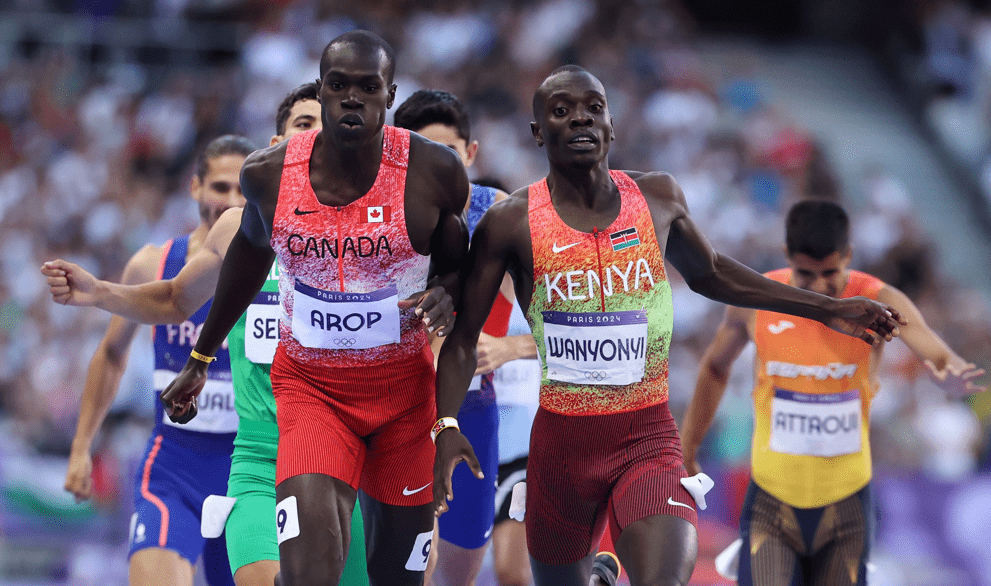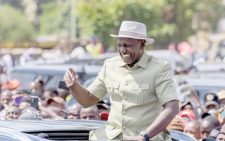My English, Literature teachers are my all-time heroes
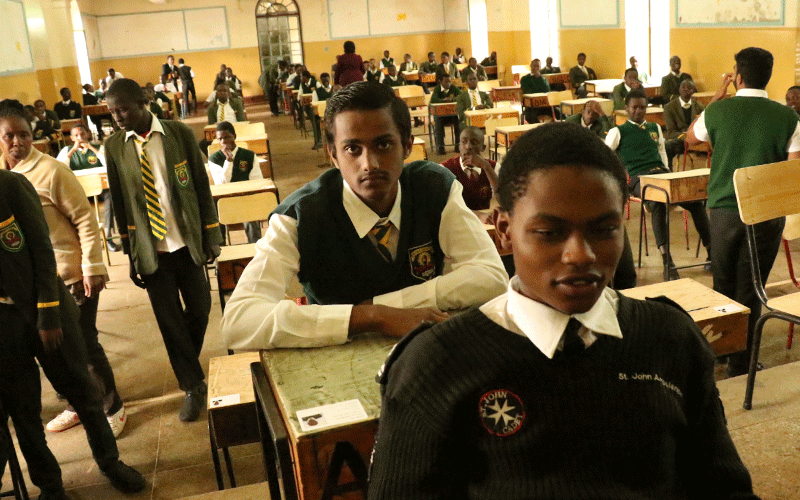
Whenever I think of the people who have shaped my life, my English and Literature teachers in primary, secondary, high school and college always jump up in my mind. They are my greatest heroes.
For some reason, God placed in my path extremely knowledgeable and dedicated teachers of English; they had unassailable mastery of the language and literature.
I have in mind teacher Andrew Muse. He taught me English at Lukume Primary in Standard Six and Seven in the late 1970s.
I have in mind three formidable teachers at Kivaywa Secondary—teacher James Kedogo, who taught us Class Readers (especially three of Barbara Kimenye’s Moses Series) in Form One.
I have in mind a teacher who taught us James Bridie’s play Tobias and the Angel and George Orwell’s Animal Farm as Form Two class readers.
He played a formative role in preparing me for the formal study of Literature in Form Three as the Ministry of Education prescribes.
We still had an equally formidable teacher of English—teacher Teresia Bigogo, who taught the English grammar, comprehension and composition writing in Forms One to Four.
She took us through all the nuances of grammar methodically ploughing through, Practical English series by PA Ogundipe and PS Tregidgo.
I also have in mind teacher Okia Oriang’, who picked us up for the study of Literature set books in Form Three and Four.
The classical assumptions of heroes are a person who displays superhuman strength or courage.
They fight and conquer monsters, or go through trying experiences and come out unscathed.
My teachers at Lukume Primary and Kivaywa Secondary schools were nothing. We never faced monsters or threatening experiences from which they protected or extricated us.
Nor did they commit unthinkable crimes like Oedipus and Medea of Greek mythology to attain the status of heroes.
However, truly defined, a hero must drastically affect another person’s life for the better which leaves a lasting impression or effect on the person or people.
English historian Thomas Carlyle defines a hero as a man whose words and deeds shape history or affect people in a fundamental way.
Seen in this light, my teachers of English were heroes in their own right.
I can still hear some of the words they spoke while teaching us. I can still see in my mind’s eye movement and gestures they made while emphasising a point or an idea.
There was Kedogo dramatising the misadventures of Moses the main character in the Moses Series and his friend King Kong—when they tried to milk a bull thinking it was a cow.
There was Bigogo telling us to expand our range of vocabulary in English by reading extensively, saying students at Form Two had a stock of about 2,000 words in English—not sufficient for an educated person going forward.
In Literature, there was Oriang, telling us while in Form Three, that although the ministry had retired Chinua Achebe’s Things Fall Apart that year (1981), he would nevertheless take two lessons to teach it before we embark on new set books.
“In the new set books we are going to study, children are rebelling against parents. I would like to study Things Fall Apart with you as it will enable you to better appreciate the rebellion in the new set books,” I vividly remember Oriang (may his soul rest in peace) as saying.
True to his word, we saw children rebelling parents or traditions in Ngugi Wa Thiong’o’s The River Between, Achebe’s No Longer at Ease and De Graft’s Muntu!
I have since seen rebellion or defiance in many works of fiction I have read since then—and the spirit of Oriang is always hovering around my appreciation of the books I read.
My gods still threw another equally formidable teacher in my path when I studied Literature at the defunct “A” Levels.
There, I met the late James Khabongo who brought a strong background knowledge of Literature and History to illuminating the world of set books the ministry had prescribed for us.
He brought so much knowledge of his study of History to bear in the interpretation of the books we studied in Literature.
He also prevailed on us to read Franz Fanon’s The Wretched of the Earth, Ngugi’s The Homecoming as an aid to understanding some of the themes in the set books.
It was these two books that introduced me to argumentative or persuasive forms of writing to social, economic and political institutions.
This is a form of writing that defines nearly communications in public affairs and enunciation of policies and opinion that shape institutions. — The writer is Communications Officer, Ministry of Education


